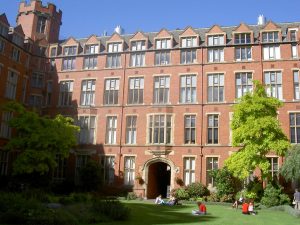PhD Opportunity in Regenerative Biology
Posted by Henry Roehl, on 2 November 2020
Closing Date: 15 March 2021

The study of regenerative biology aims to elucidate the innate ability of organisms to repair tissues or organs after they have been removed or damaged. During vertebrate regeneration, tissue damage causes the immediate release of signals that initiate wound closure and initiate regeneration. This project uses larval zebrafish to study how cells respond to when the epithelia is damaged. Zebrafish repair wounds quickly and efficiently, and their small size and transparency allow us to follow cell behaviour easily. Our previous research found that there are very surprising movements of cells over the first few hours after damage, and this current project aims to understand the forces involved in these movements and the signals that orchestrate the wound response. We plan to image fluorescently labelled cells over time to give positional data across the fish using a custom built lightsheet microscope. Data sets will be analysed using physical and computational modelling to calculate passive and active forces such as compression, stretching, shear and friction. Once a physical model of whole animal cell movement is established we will interrogate our predictions by manipulating known early wound signals.
Funding Notes
White Rose BBSRC Doctoral Training Partnership in Mechanistic Biology
4 year fully-funded programme of integrated research and skills training, starting October 2021:
• Research Council Stipend (estimated £15,600 per year)
• Tuition Fees at the UK fee rate (£4,473 per year)
• Research support and training grant (RTSG)
Please note: international tuition fees for 2021 entry are £23,750
To Apply:
Informal inquiries: h.roehl@sheffield.ac.uk
The deadline for applications will be the 10th January 2021 with selection of final candidates for interview shortly after.
Application form: https://www.sheffield.ac.uk/postgraduate/phd/apply/applying



 (No Ratings Yet)
(No Ratings Yet)